Beyond BMW And Porsche: Analyzing The Automotive Industry's China Problem
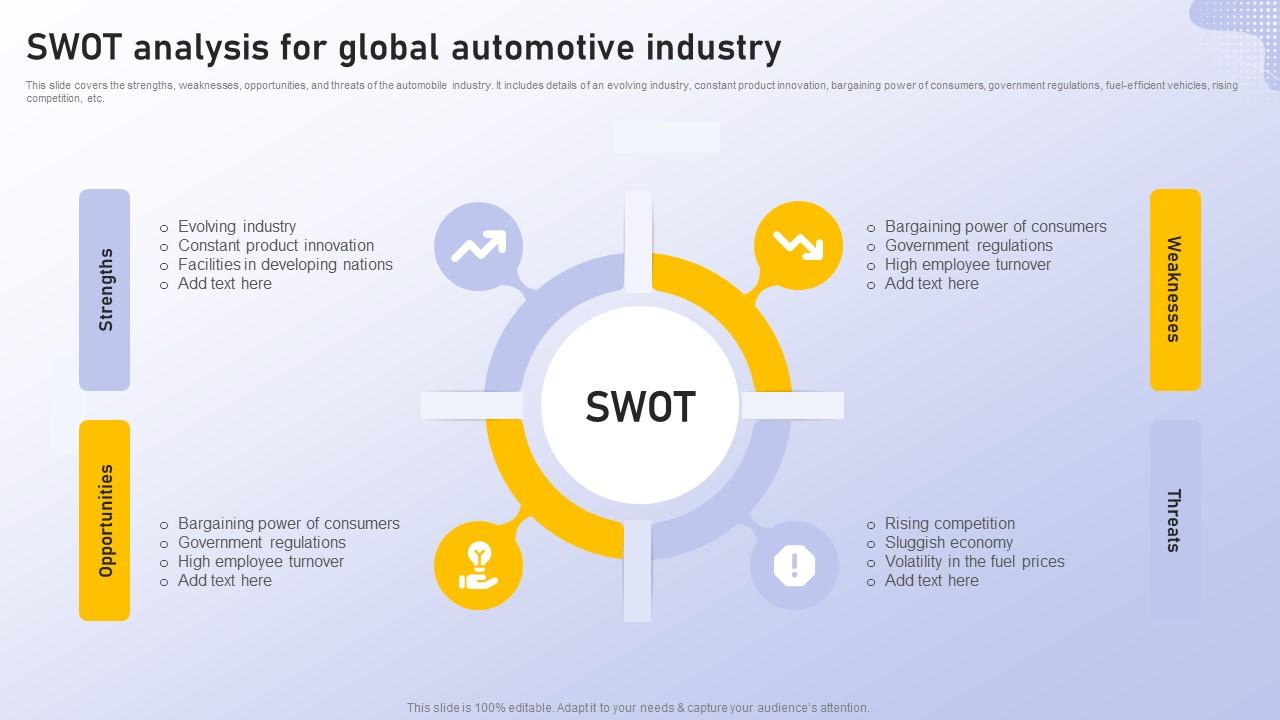
Table of Contents
The Rise of Domestic Chinese Automakers
The Chinese automotive landscape is undergoing a dramatic transformation, driven by the rapid ascent of domestic brands. This isn't just about increased production; it's about a significant leap in technological prowess and aggressive market strategies.
Technological Advancements and Innovation
Chinese automakers are rapidly closing the technological gap with Western competitors, particularly in the burgeoning electric vehicle (EV) sector. Government support and incentives play a crucial role in this advancement.
- BYD: A leading player, BYD boasts impressive battery technology and a diverse range of EVs, capturing significant market share.
- NIO: Known for its premium EVs and battery swapping technology, NIO is carving a niche in the luxury EV segment.
- Xpeng: Focusing on advanced driver-assistance systems (ADAS) and intelligent features, Xpeng is attracting tech-savvy younger buyers.
These brands' success is fueled by substantial government investment in research and development, fostering innovation in areas like battery technology, autonomous driving, and connected car features. This technological leap is directly impacting the market share of established foreign brands.
Aggressive Pricing Strategies and Market Penetration
Domestic Chinese automakers employ competitive pricing strategies that significantly impact the profitability of foreign competitors.
- Value-for-money propositions: Offering feature-rich vehicles at lower price points than comparable foreign models.
- Targeted subsidies and promotions: Leveraging government incentives and offering attractive financing options.
- Focus on specific market segments: Targeting specific consumer demographics with tailored offerings and pricing.
This aggressive approach allows Chinese brands to capture significant market share, forcing foreign automakers to adapt their strategies or risk losing ground in this crucial market.
Navigating the Complex Regulatory Landscape
China's regulatory environment presents unique challenges for foreign automakers. Navigating the complexities of the system is critical for success, but demands significant investment and expertise.
Stringent Emission Standards and Environmental Regulations
China is increasingly stringent in its environmental regulations, putting pressure on automakers to meet ambitious emission targets and improve fuel efficiency.
- CAFE standards (Corporate Average Fuel Consumption): These regulations set minimum fuel efficiency standards for vehicles sold in China, penalizing manufacturers who fail to meet them.
- Emission limits for pollutants: Stricter emission limits for greenhouse gases and other pollutants are driving the adoption of cleaner technologies, particularly EVs.
- Regulations on battery production and disposal: Rules regarding the ethical sourcing and responsible disposal of EV batteries are becoming more stringent.
These stringent standards require substantial investment in research and development and adaptation of production processes, creating a considerable hurdle for foreign automakers.
Bureaucracy and Import Tariffs
The bureaucratic hurdles in China can be significant, adding complexity and cost to operations.
- Lengthy approval processes: Obtaining necessary permits and licenses for vehicle imports and manufacturing can be a time-consuming process.
- Complex homologation procedures: Ensuring vehicles meet China's specific technical standards requires rigorous testing and certification.
- Import tariffs: High import tariffs on vehicles and components increase costs and reduce profitability for foreign companies.
These factors add to the overall cost of doing business in China, impacting the competitiveness of foreign automakers.
Understanding Consumer Preferences and Cultural Nuances
Understanding the unique preferences and cultural nuances of the Chinese consumer is paramount for success.
Shifting Consumer Demands
Chinese consumer preferences are evolving rapidly. The market is witnessing a growing demand for EVs, advanced technology, and specific design features.
- Emphasis on connectivity and technology: Chinese consumers highly value features like advanced infotainment systems, internet connectivity, and autonomous driving capabilities.
- Preference for spacious vehicles: Larger vehicles, particularly SUVs, are highly sought after due to cultural preferences and family-oriented lifestyles.
- Growing preference for domestic brands: Increasing national pride and trust in domestic brands is shifting consumer buying patterns.
These shifting demands necessitate constant adaptation and innovation from foreign automakers.
Marketing and Branding Strategies
Tailored marketing campaigns and branding strategies are vital for effectively reaching the Chinese consumer.
- Leveraging social media: Utilizing popular Chinese social media platforms like WeChat and Weibo is crucial for reaching target audiences.
- Celebrity endorsements: Employing popular Chinese celebrities in marketing campaigns can significantly enhance brand awareness and appeal.
- Localized marketing messages: Adapting marketing messages and branding to resonate with local culture and values is crucial for success.
Foreign automakers must invest in robust marketing and branding strategies designed to connect with and engage Chinese consumers effectively.
Conclusion: The Future of the Automotive Industry's China Problem
The "China problem" in the automotive industry is multifaceted, encompassing the rise of technologically advanced and aggressively priced domestic brands, a complex regulatory landscape, and the evolving preferences of Chinese consumers. Successfully navigating this market requires a deep understanding of these challenges. Foreign automakers must adapt their strategies to compete effectively, investing in innovation, localization, and culturally relevant marketing. To stay ahead in this rapidly evolving market, understanding the complexities of the automotive industry’s China problem is crucial. Continue your research and stay informed on the latest developments.

Featured Posts
-
 Lapd Releases Videos Showing Chaos Before Shooting Of Weezer Bassists Wife
Apr 28, 2025
Lapd Releases Videos Showing Chaos Before Shooting Of Weezer Bassists Wife
Apr 28, 2025 -
 Future Of Microsoft Activision Merger Uncertain After Ftc Appeal
Apr 28, 2025
Future Of Microsoft Activision Merger Uncertain After Ftc Appeal
Apr 28, 2025 -
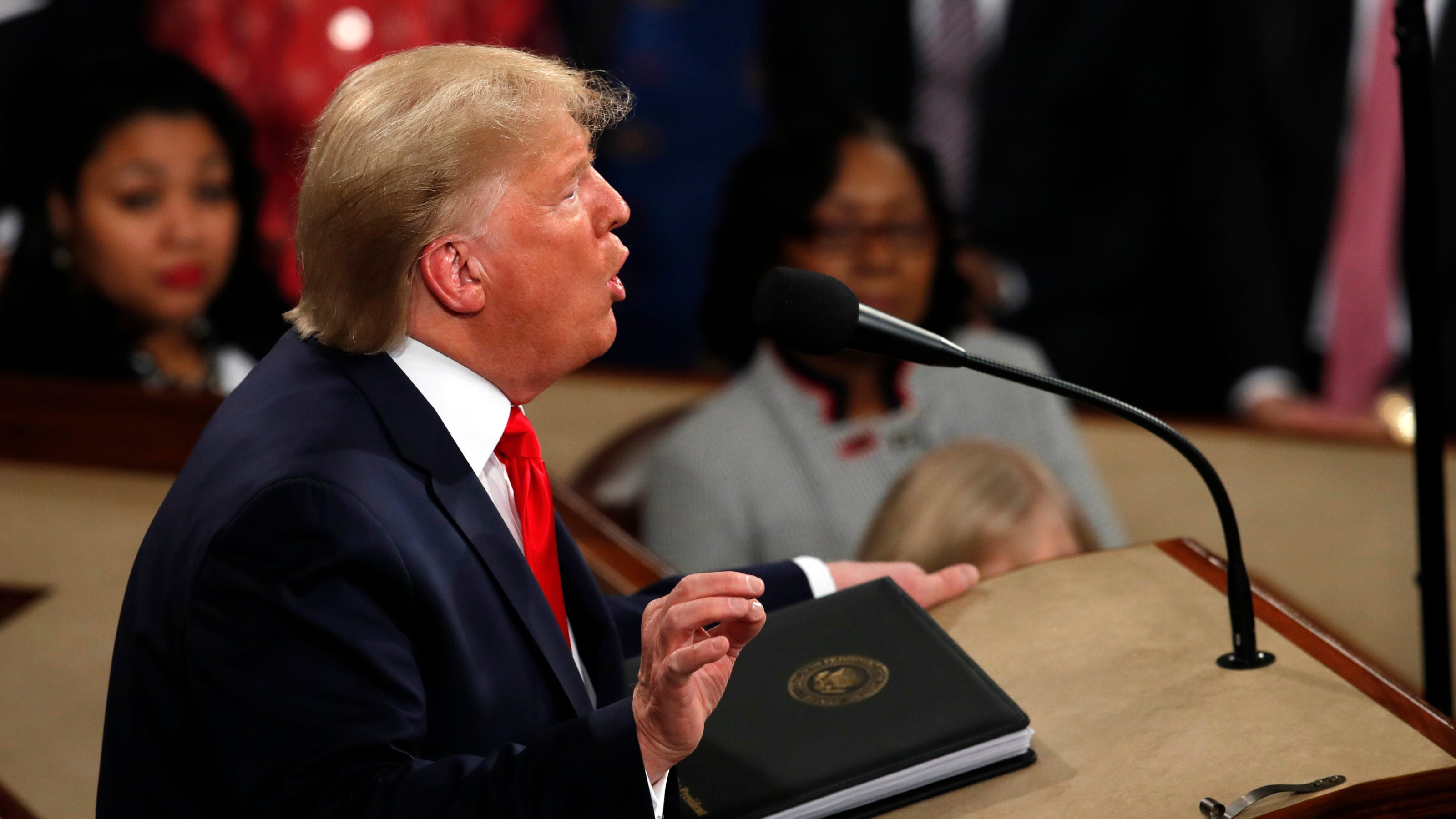 Assessing The Nationwide Impact Of Trumps Campus Crackdown
Apr 28, 2025
Assessing The Nationwide Impact Of Trumps Campus Crackdown
Apr 28, 2025 -
 127 Years Of Brewing History Anchor Brewing Companys Closure
Apr 28, 2025
127 Years Of Brewing History Anchor Brewing Companys Closure
Apr 28, 2025 -
 Ai Browser War Perplexitys Ceo On Battling Google For Supremacy
Apr 28, 2025
Ai Browser War Perplexitys Ceo On Battling Google For Supremacy
Apr 28, 2025
Latest Posts
-
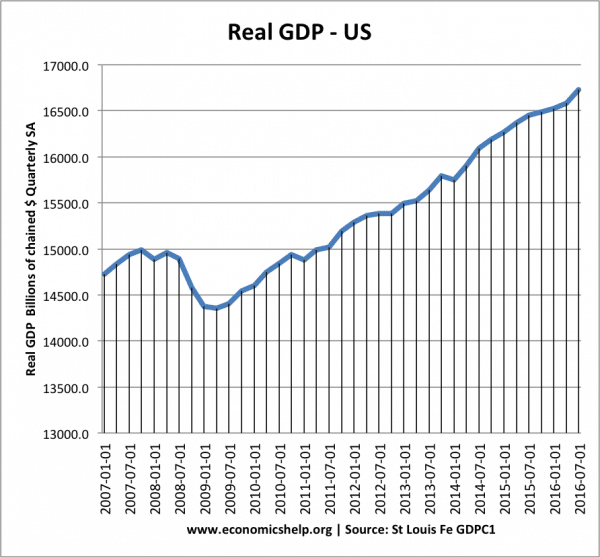 The Us Economy Under Pressure Examining The Impact Of The Canadian Travel Boycott
Apr 28, 2025
The Us Economy Under Pressure Examining The Impact Of The Canadian Travel Boycott
Apr 28, 2025 -
 Assessing The Economic Fallout A Fed Snapshot Of The Canadian Travel Boycott
Apr 28, 2025
Assessing The Economic Fallout A Fed Snapshot Of The Canadian Travel Boycott
Apr 28, 2025 -
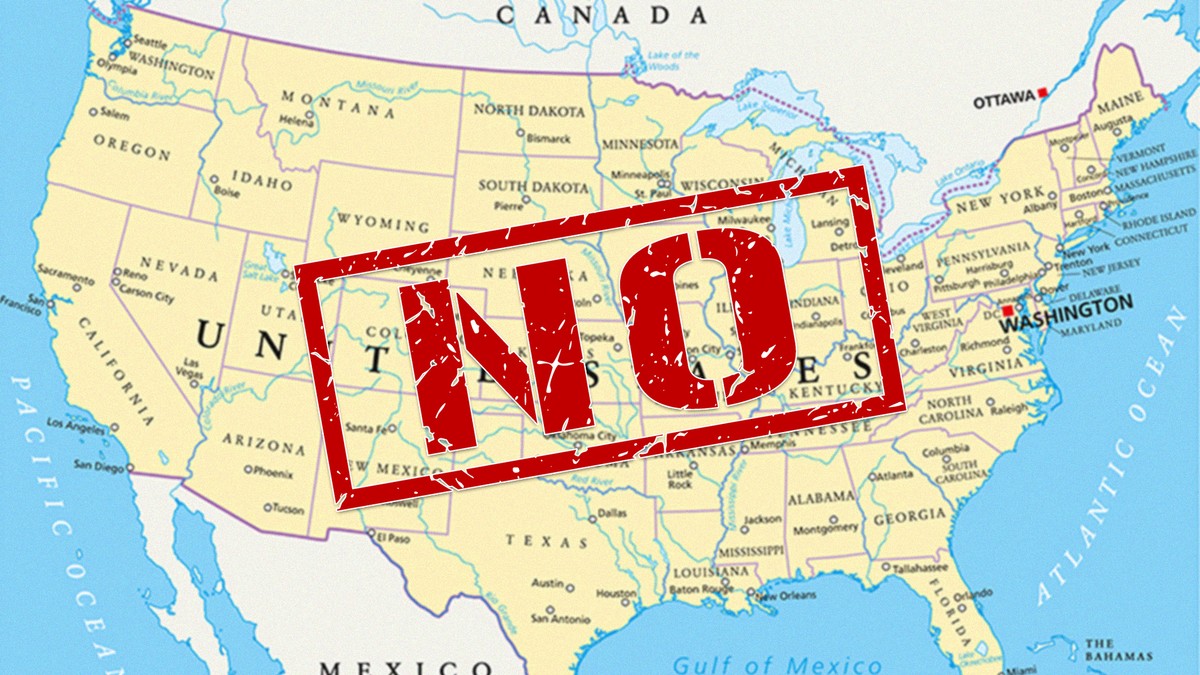 Real Time Analysis The Economic Effects Of A Canadian Travel Boycott On The Us
Apr 28, 2025
Real Time Analysis The Economic Effects Of A Canadian Travel Boycott On The Us
Apr 28, 2025 -
 The Auto Industrys Growing Revolt Against Electric Vehicle Regulations
Apr 28, 2025
The Auto Industrys Growing Revolt Against Electric Vehicle Regulations
Apr 28, 2025 -
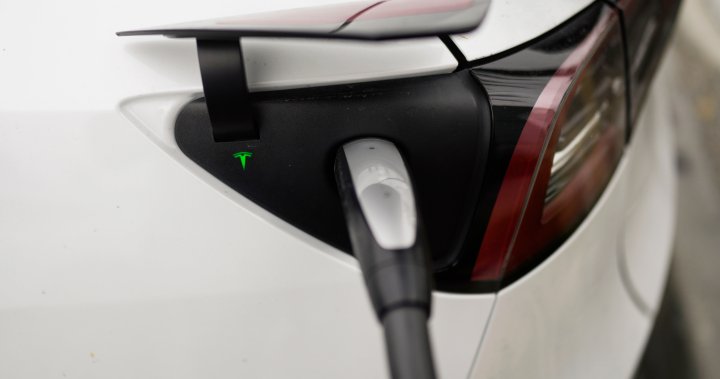 Ev Mandate Backlash Car Dealerships Renew Their Resistance
Apr 28, 2025
Ev Mandate Backlash Car Dealerships Renew Their Resistance
Apr 28, 2025
